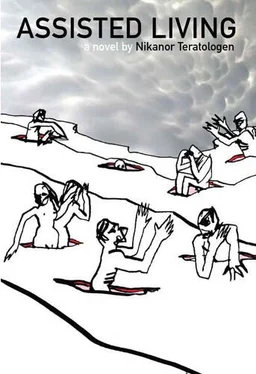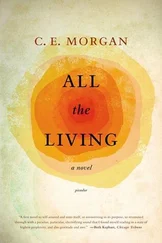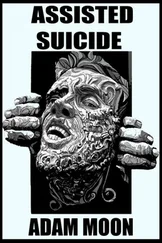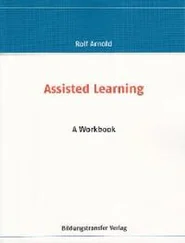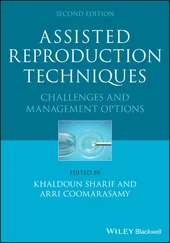In Downfall ( Nedstörtad angel; literally, “Fallen Angel”), Per Olov Enquist writes of the monsters in the first Satanic church in California that “They found themselves on humanity’s outermost edge: there, on the edge, they set up camp.” And: “They were themselves touchstones: deformed human beings showing on whose side one stood: perfect God’s, or imperfect man’s.” {My translation. — kap} I believe that it wouldn’t be far-fetched to give this perspective renewed validity in the case of Grandpa and the boy. It’s for this reason that the relationship between these two moral freaks makes such a strong impression, despite all conceivable forms of depravity and degradation. They’re isolated in their outcast state, they seek out isolation and cultivate it, they — or at least Grandpa, to the extent we can take him at his word — finds in being cast-out and isolatedfrom the general community a last dormant possibility to truly exist in the midst of a corrupted, late-capitalistic, affluent society.
Grandpa and the boy’s political stance is, therefore, more ambiguous than that which might derive from their alienation alone. With their ruthless destruction of life and value, they break with all norms of investment, production, and profit. The creation of value is replaced, in their case, with raw destruction and waste. Given their absolute violation of any existing formal or social law, then, they seem to have something heroic about them after all. They represent a freedom we can’t tolerate, a self-realization there’s no place for. And from their camping ground on humanity’s outermost edge, they sing (they screech and shout) the song of great irrevocable loneliness. Which isn’t a pretty song. But how could it be?
When faced with offensive literature, or literature that’s ethically problematic in some other way, it’s a common strategy first to praise it for its amoral or immoral attitude, and then conclude that the author’s project is, in reality, deeply moral. To wit: “Don’t worry, he’s one of us after all!” With Teratologen, however, it’s more difficult than that, since his books — in addition to Assisted Living (Äldreomsorgen i övre Kågedalen, 1992), the novels Förensligandet i det egentliga Västerbotten (Alienation in True Västerbotten, 1998), Hebberhålsapokryferna (Hebberlhåls Apocrypha, 2003) and Att hata allt mänskligt liv (To Hate All Human Life, 2009), as well as a collection of aphorisms, Apsefiston (2002) — are all permeated by such an obvious enjoyment of and delight in the incessant dwelling upon that which, obeying whatever prevailing standard, must count as unacceptable andintolerable human behavior. And it’s precisely this maliciousness, this genuine anti-humanism, this heartfelt cynical and nihilistic attitude toward life and literature that gives Assisted Living its remarkable power. There’s an affinity for the perverted and degenerate that one can’t escape, that one can’t ignore, when reading this book. It’s there, all that we’re used to keeping our distance from, imparted with such poetic joy that anyone and everyone can ask themselves what it’s good for. And perhaps the answer is, it’s not good for anything. And perhaps that’s the real reason that the novel has proven so difficult for so many to swallow. And, presumably, the reader has a single choice before him-or herself: turn away in disgust, or be swept along for all you’re worth. Those who choose the latter are forced to look death in its white eye and laugh. Without this laughter, Assisted Living remains an unreadable book.
Stig Sæterbakken
ABOUT THE AUTHOR AND THE TRANSLATOR
Nikanor Teratologen (a pseudonym), born in 1964, is widely recognized as one of the most original and shocking young writers working in Sweden, where his Assisted Living is a famous— and infamous — bestseller, provoking scandal, hatred, and veneration in equal measure.
Kerri A. Pierce is the translator of Lars Svendsens A Philosophy of Evil , Mela Hartwig’s Am I a Redundant Human Being? , and other novels available from Dalkey Archive Press.
